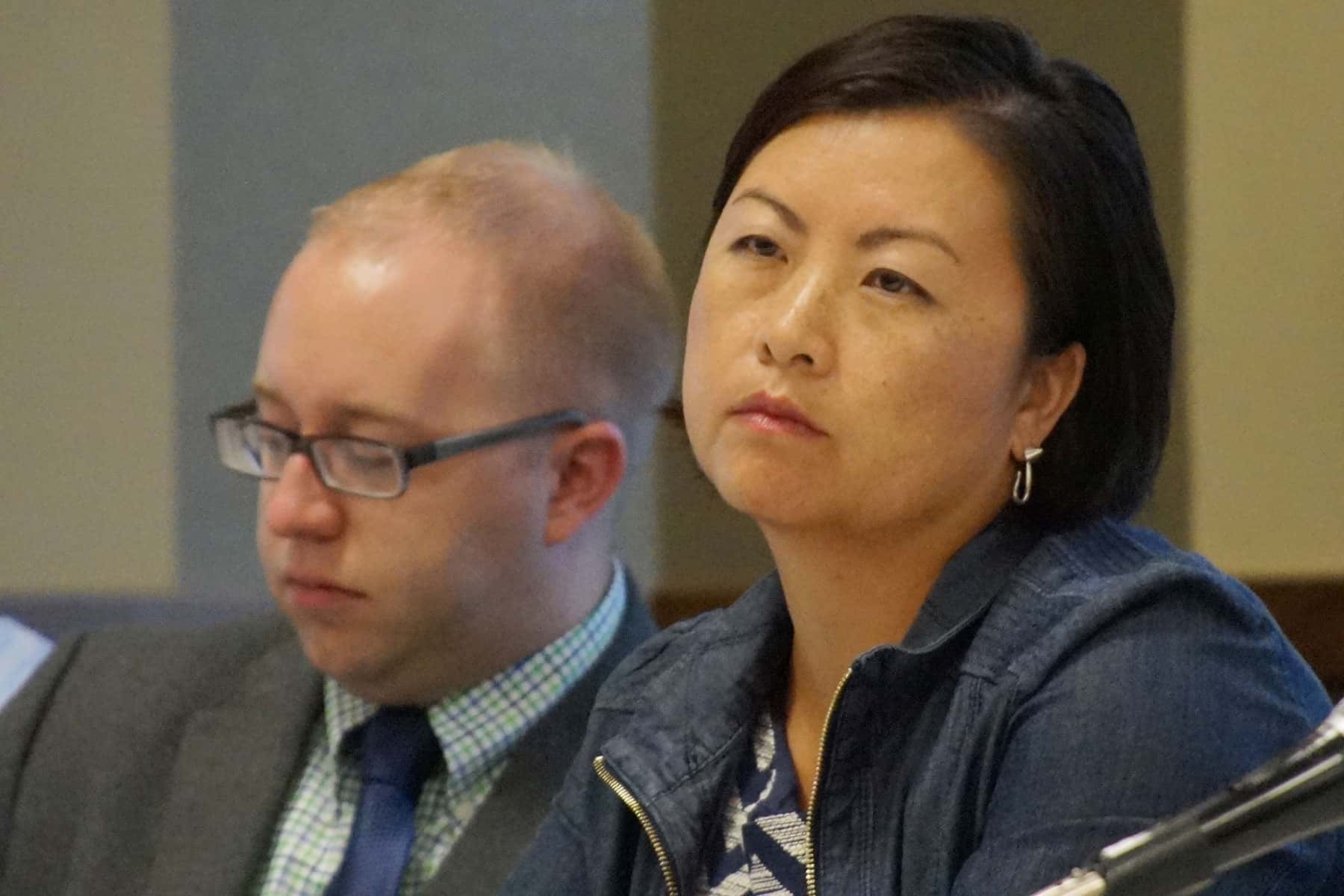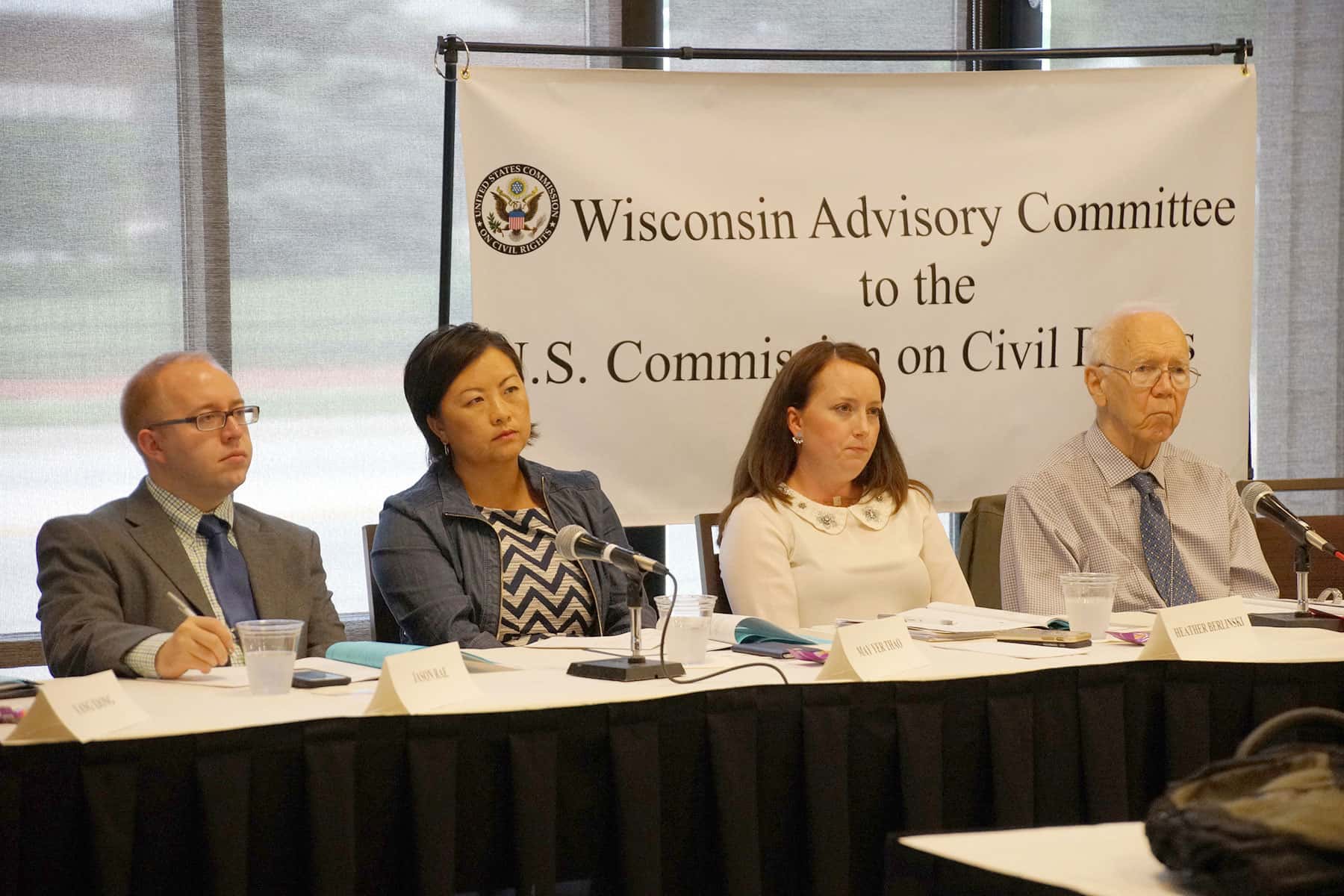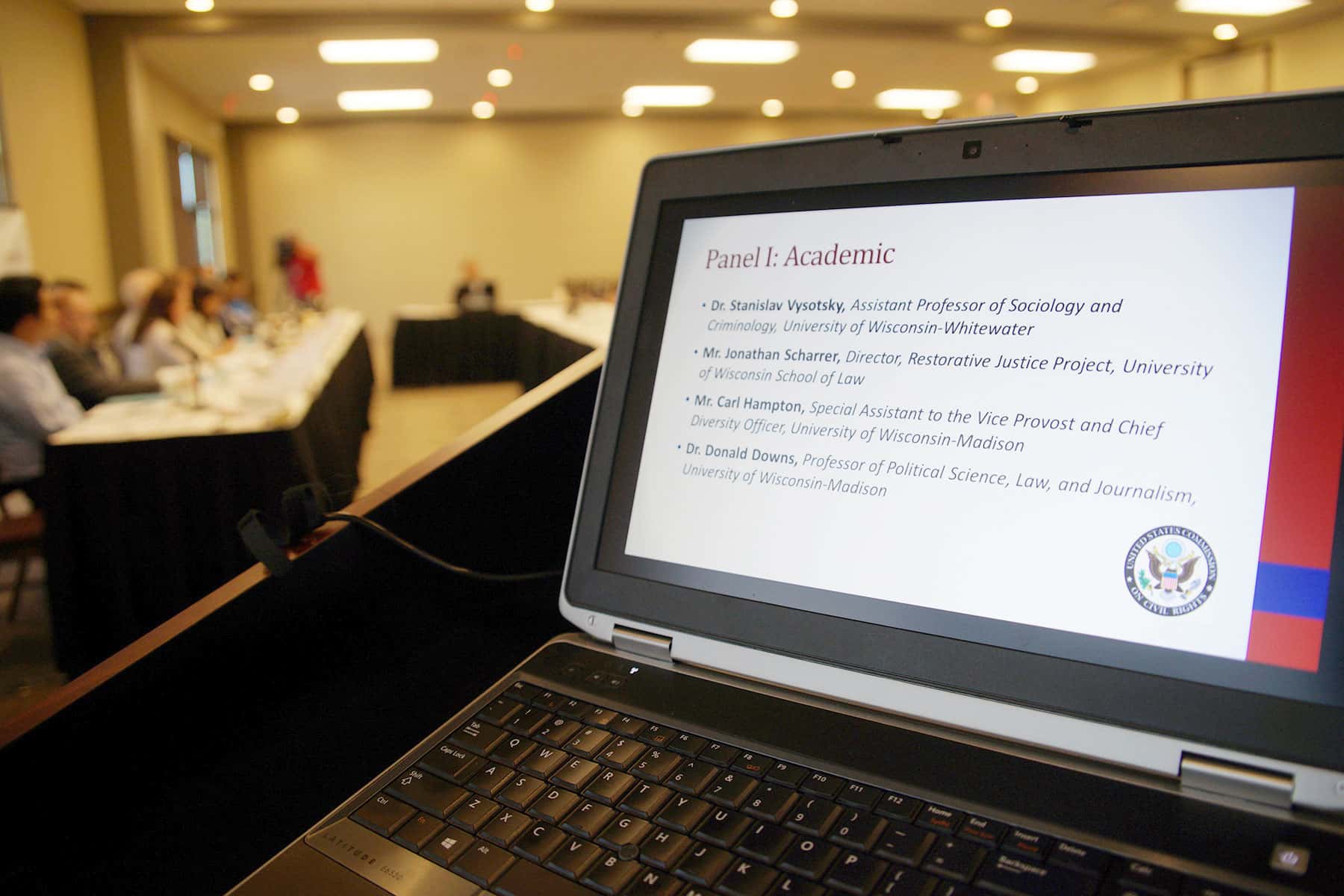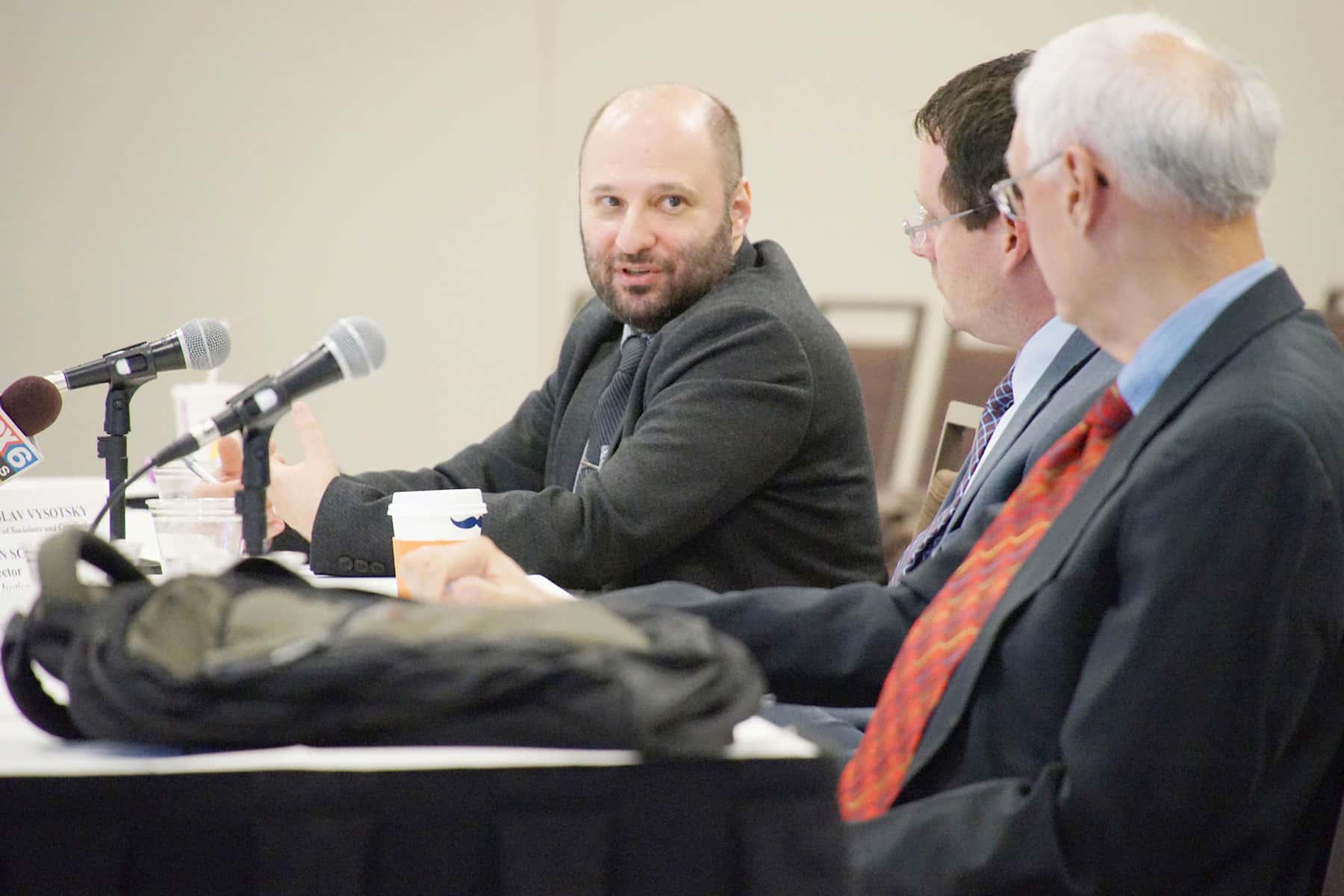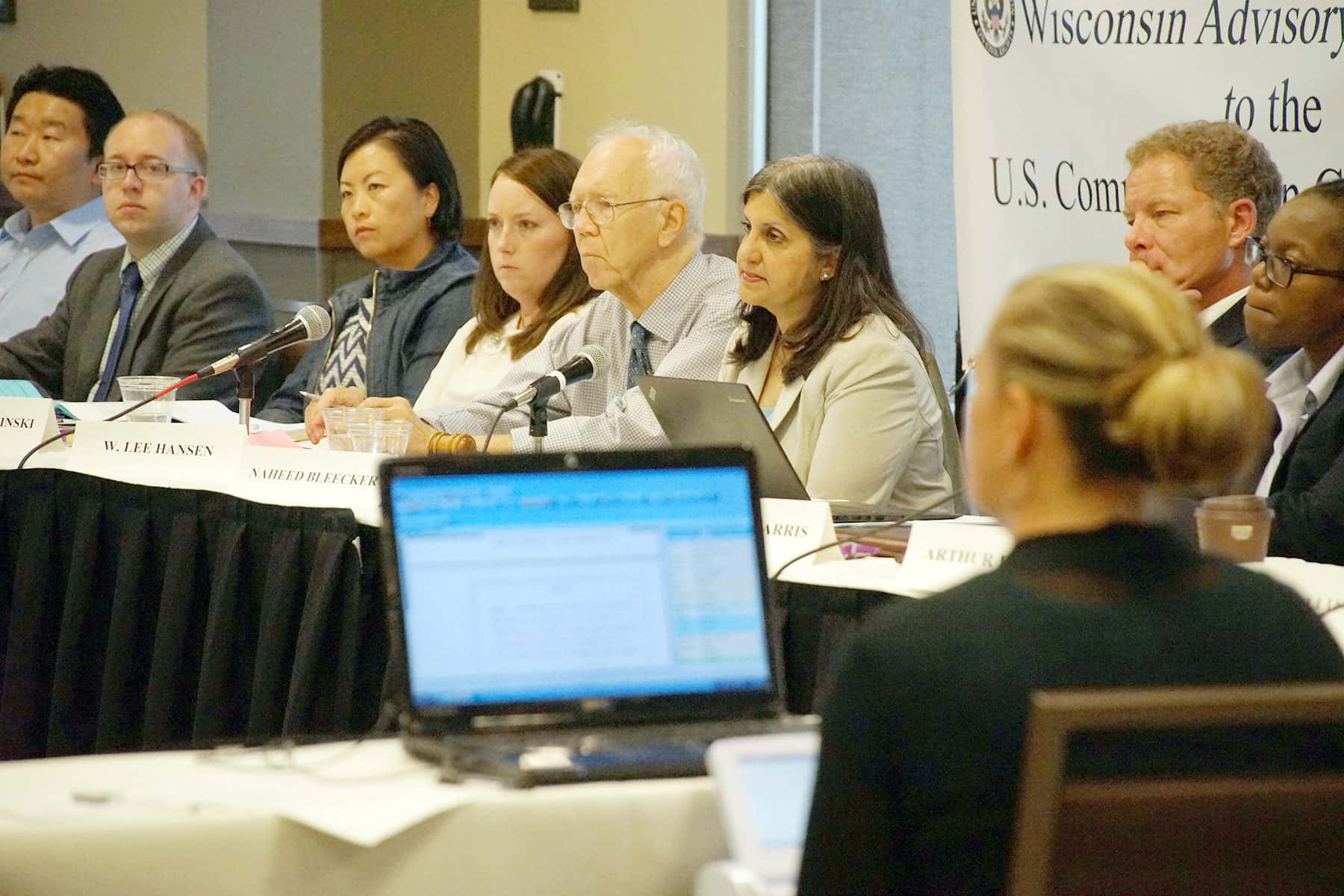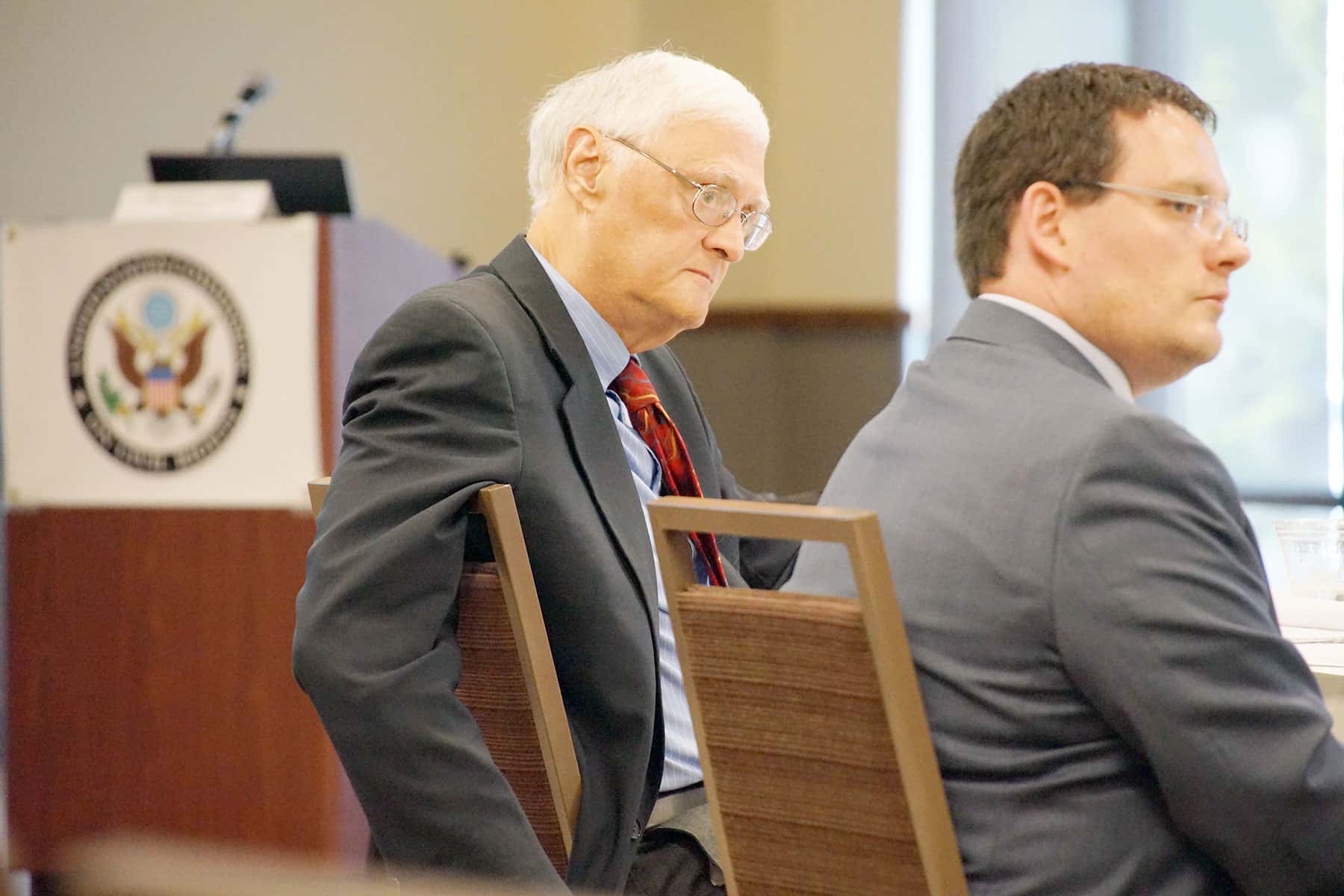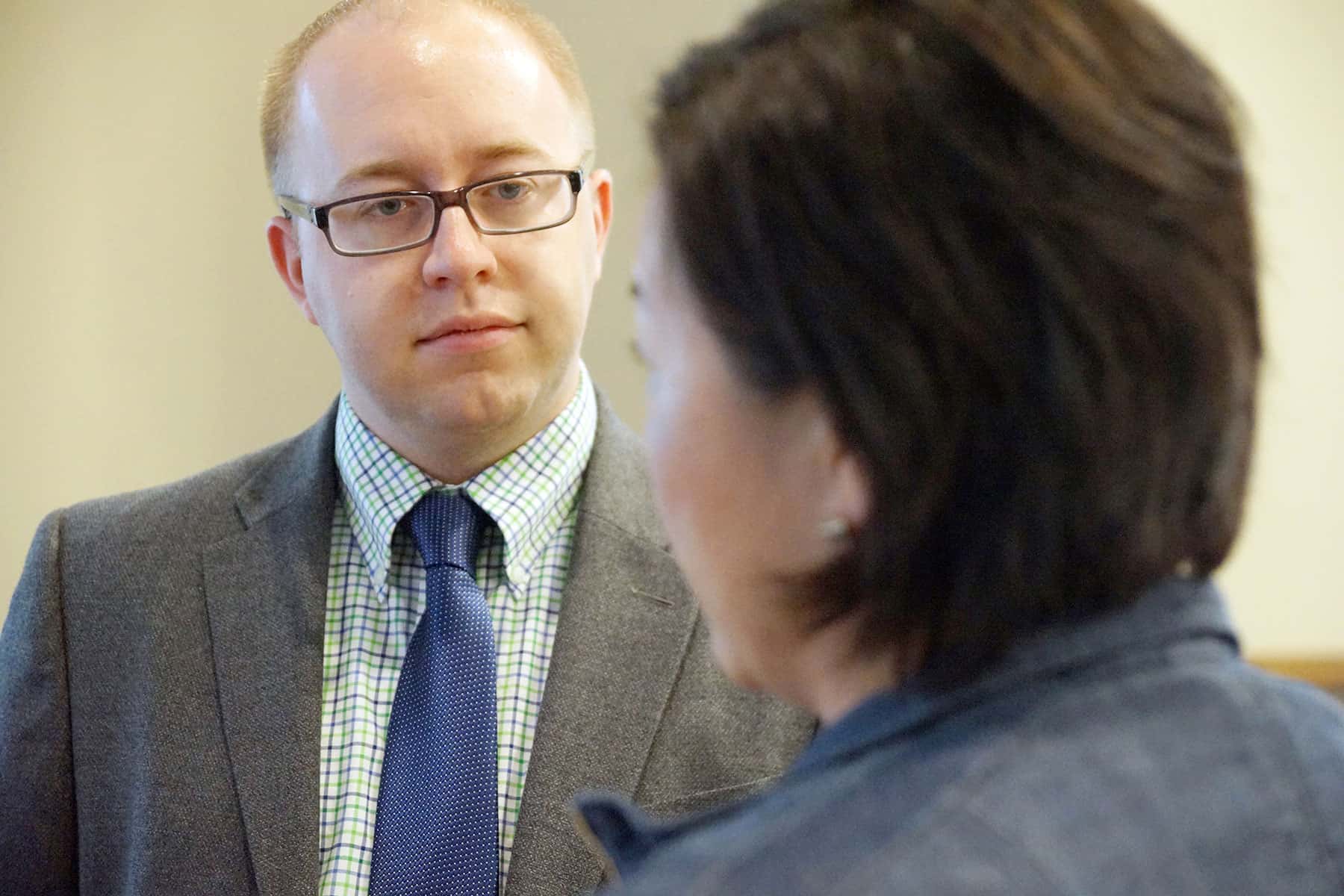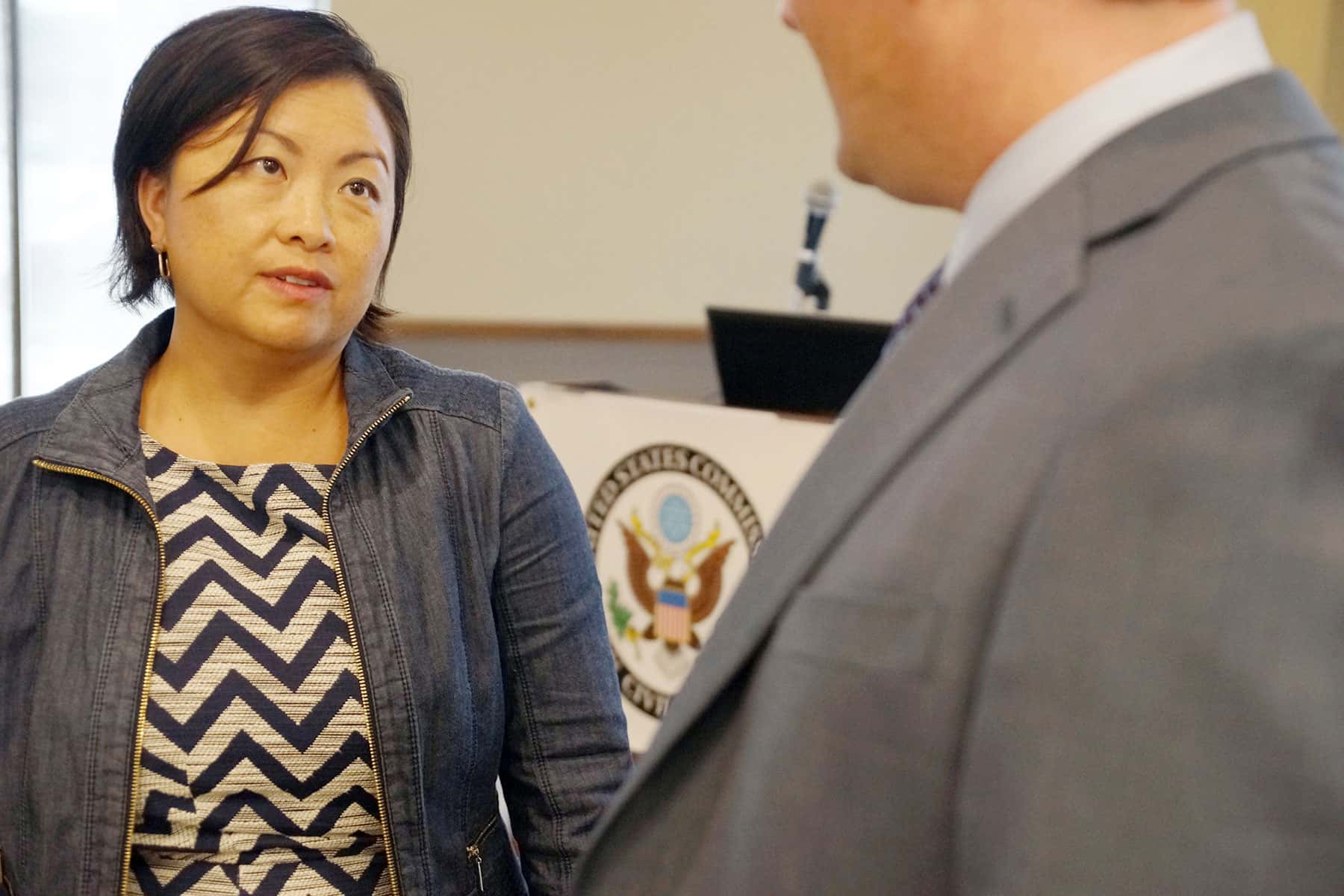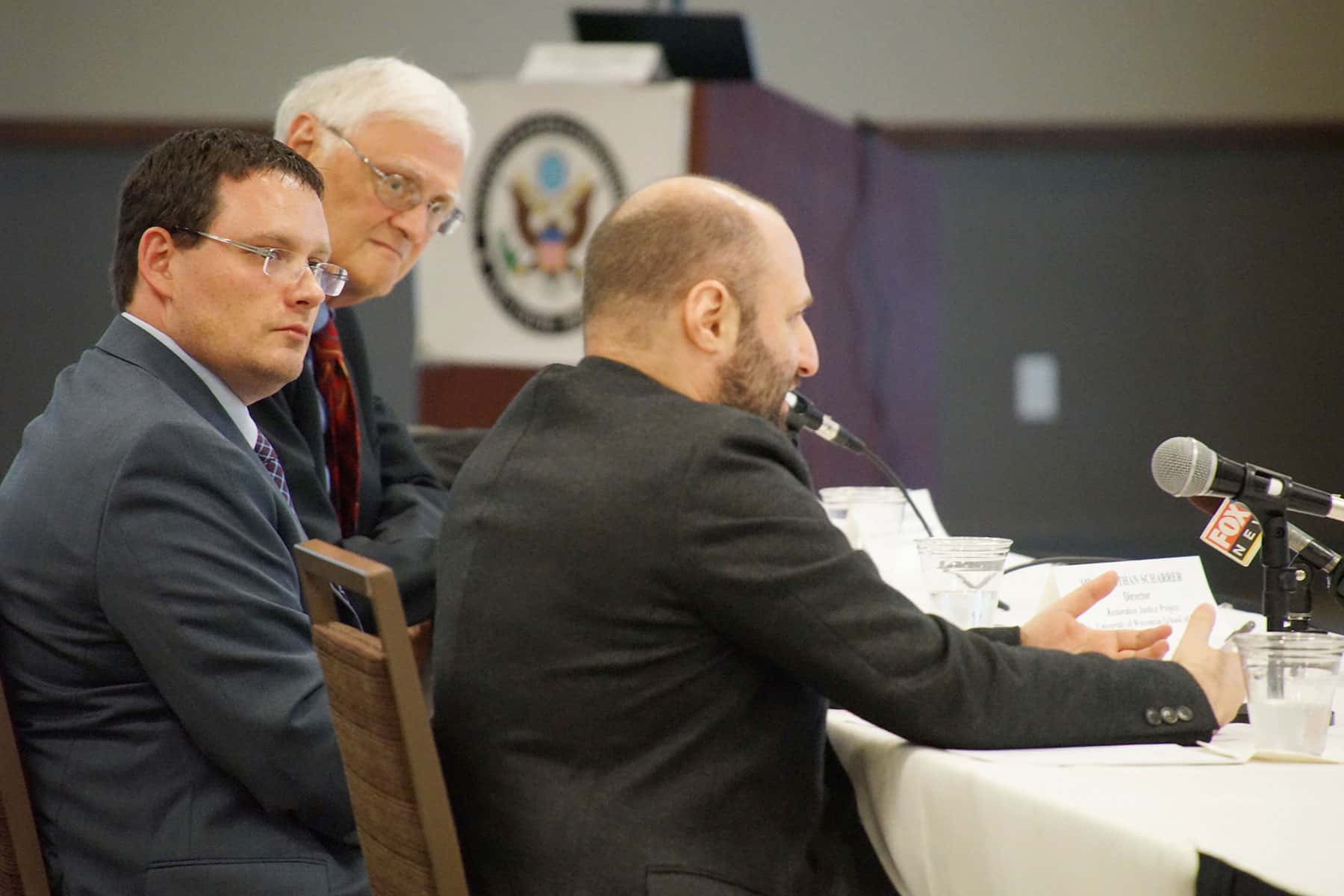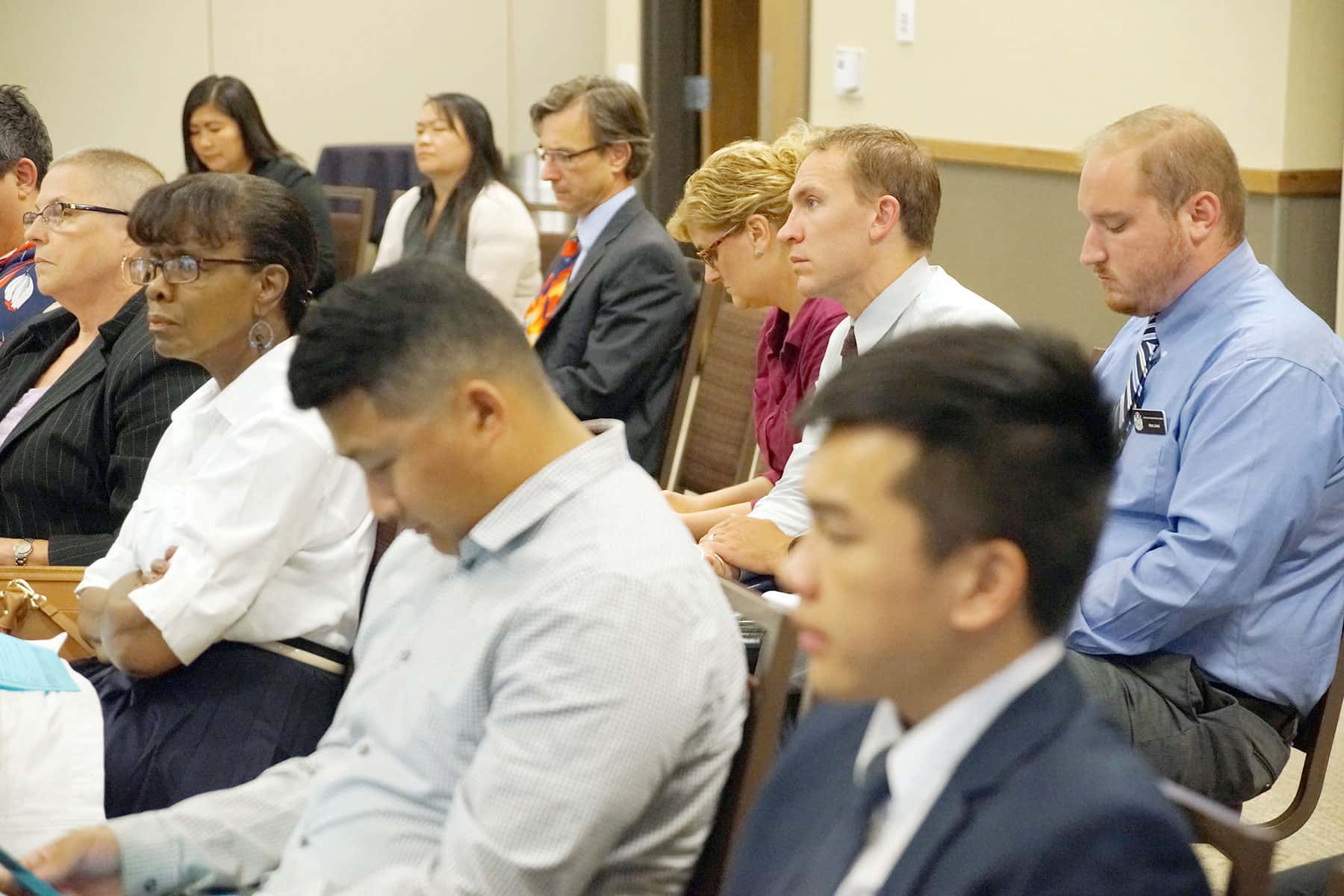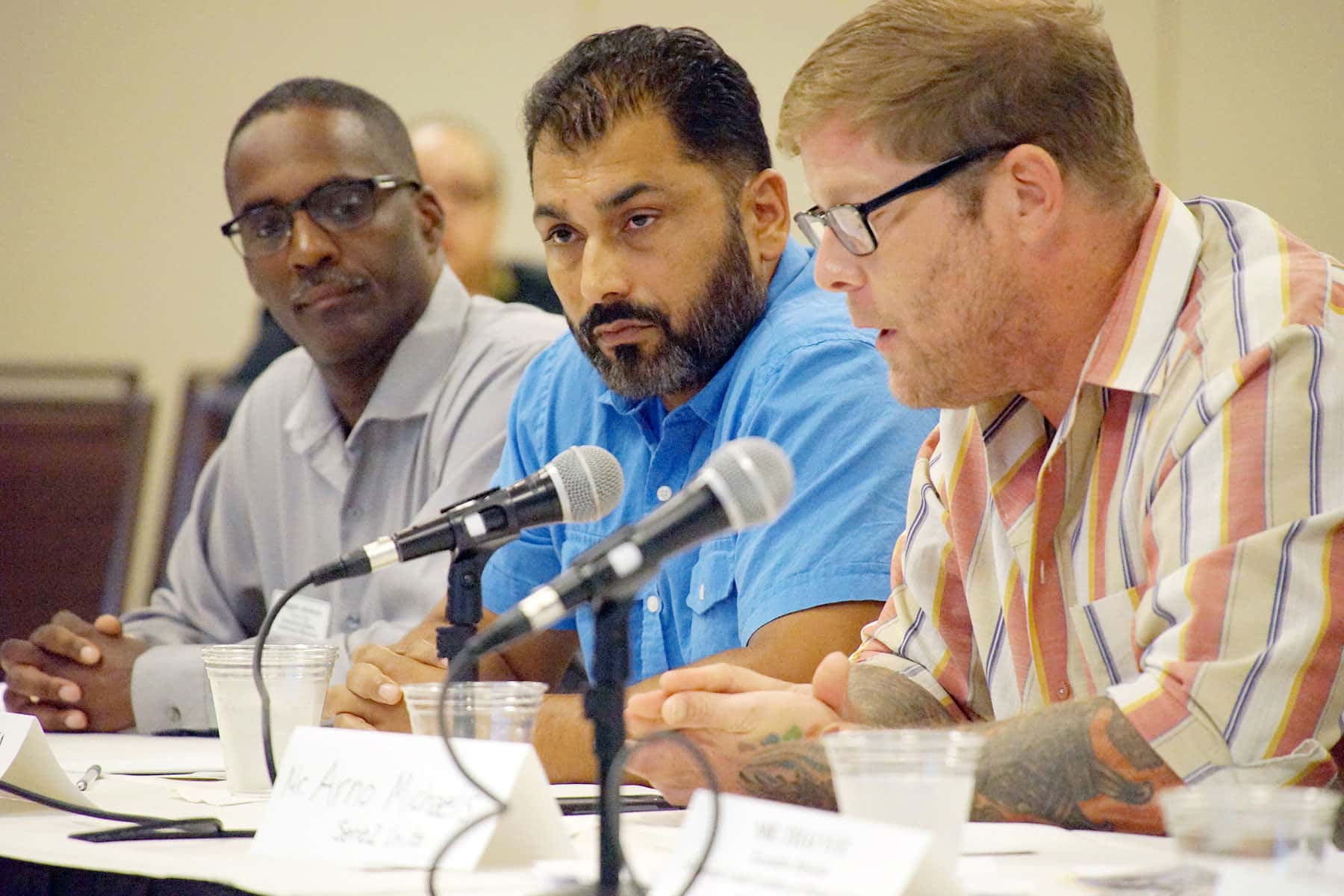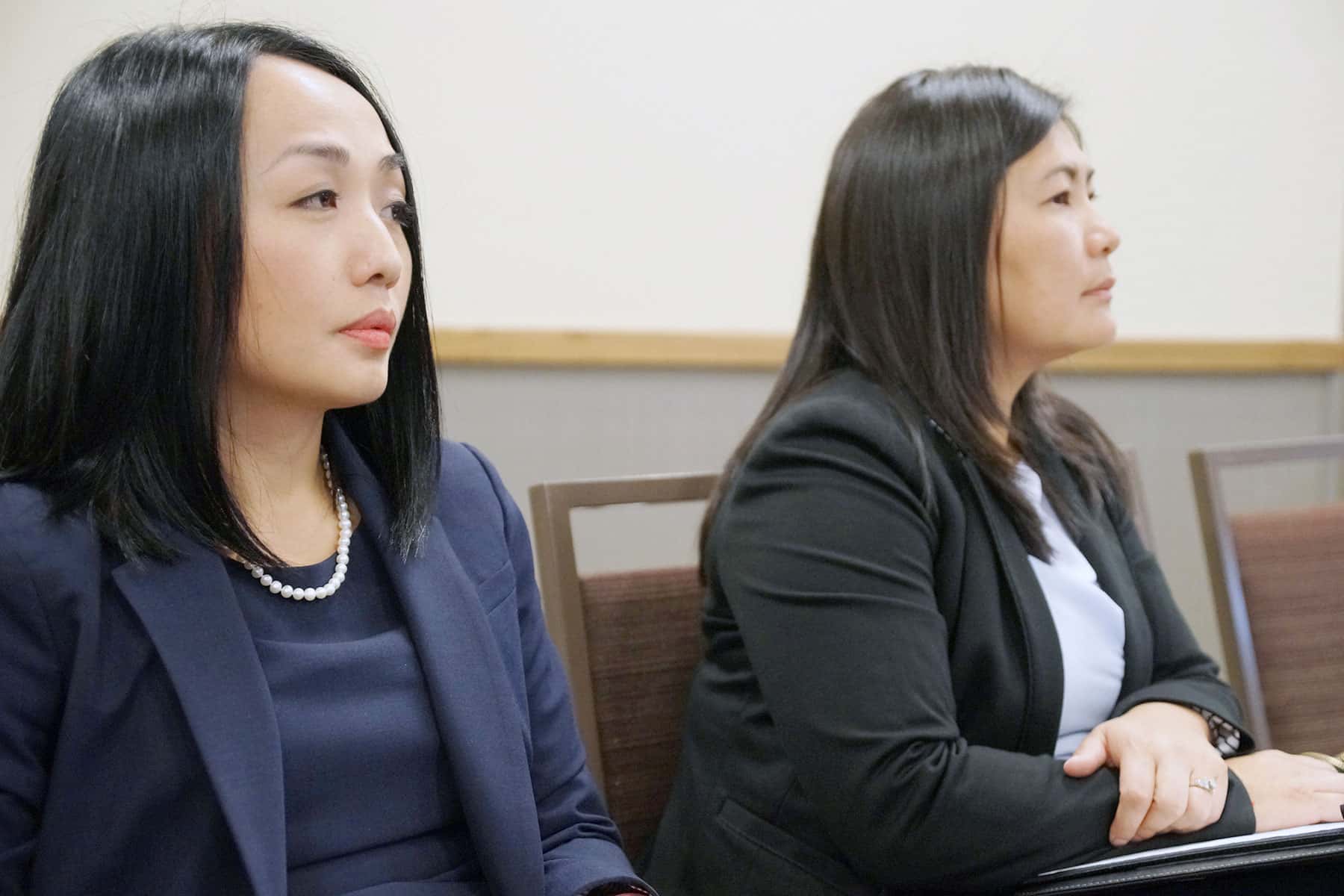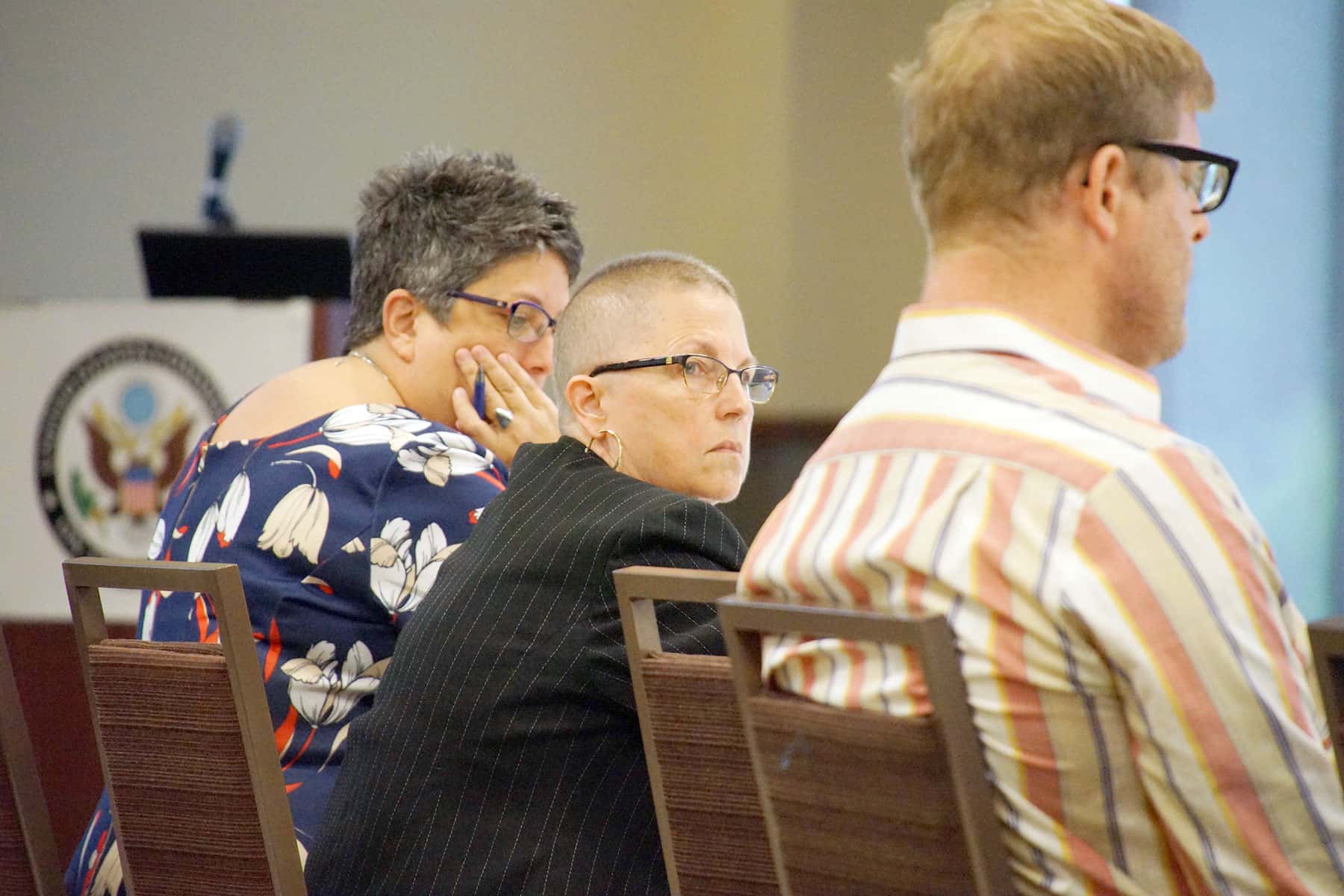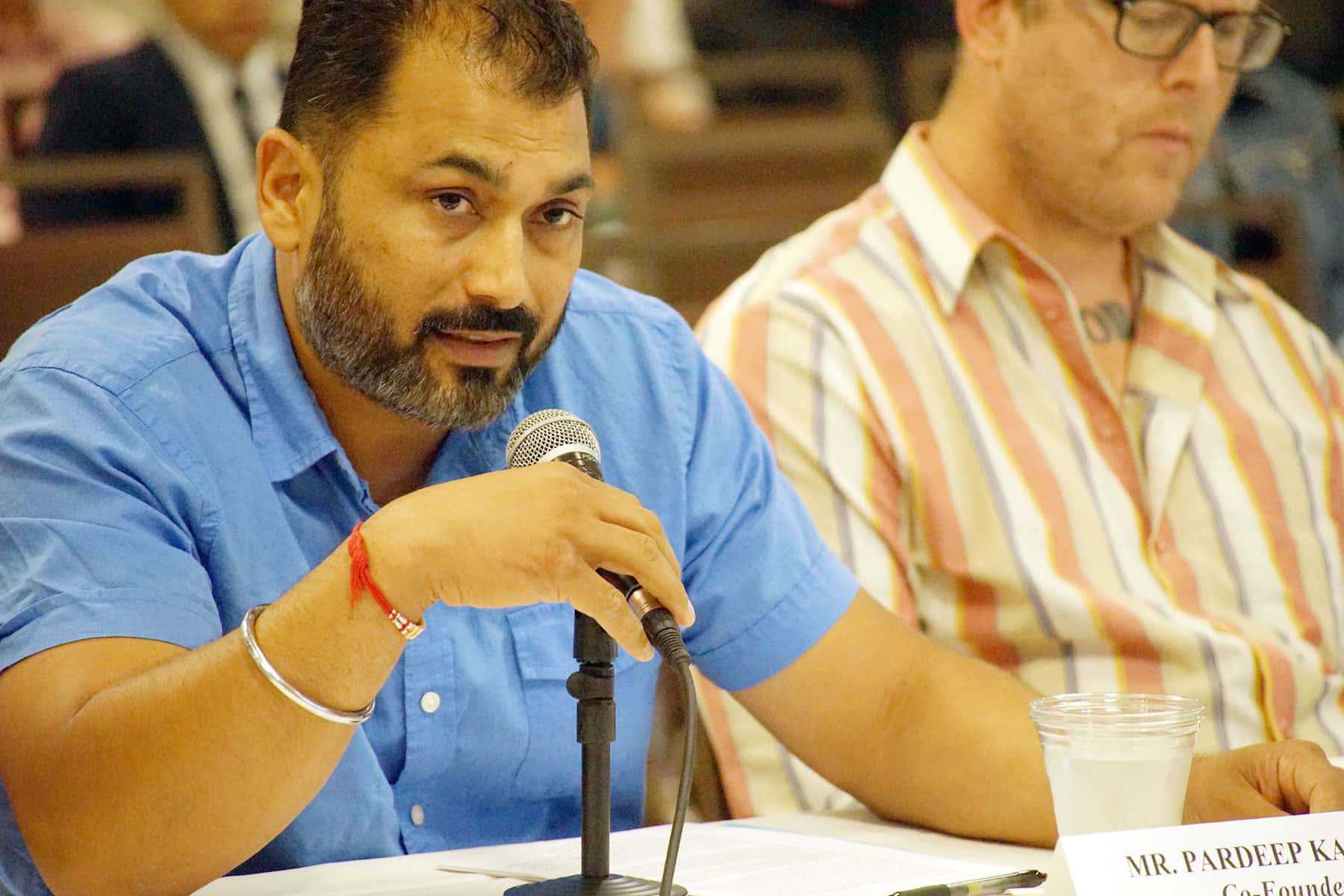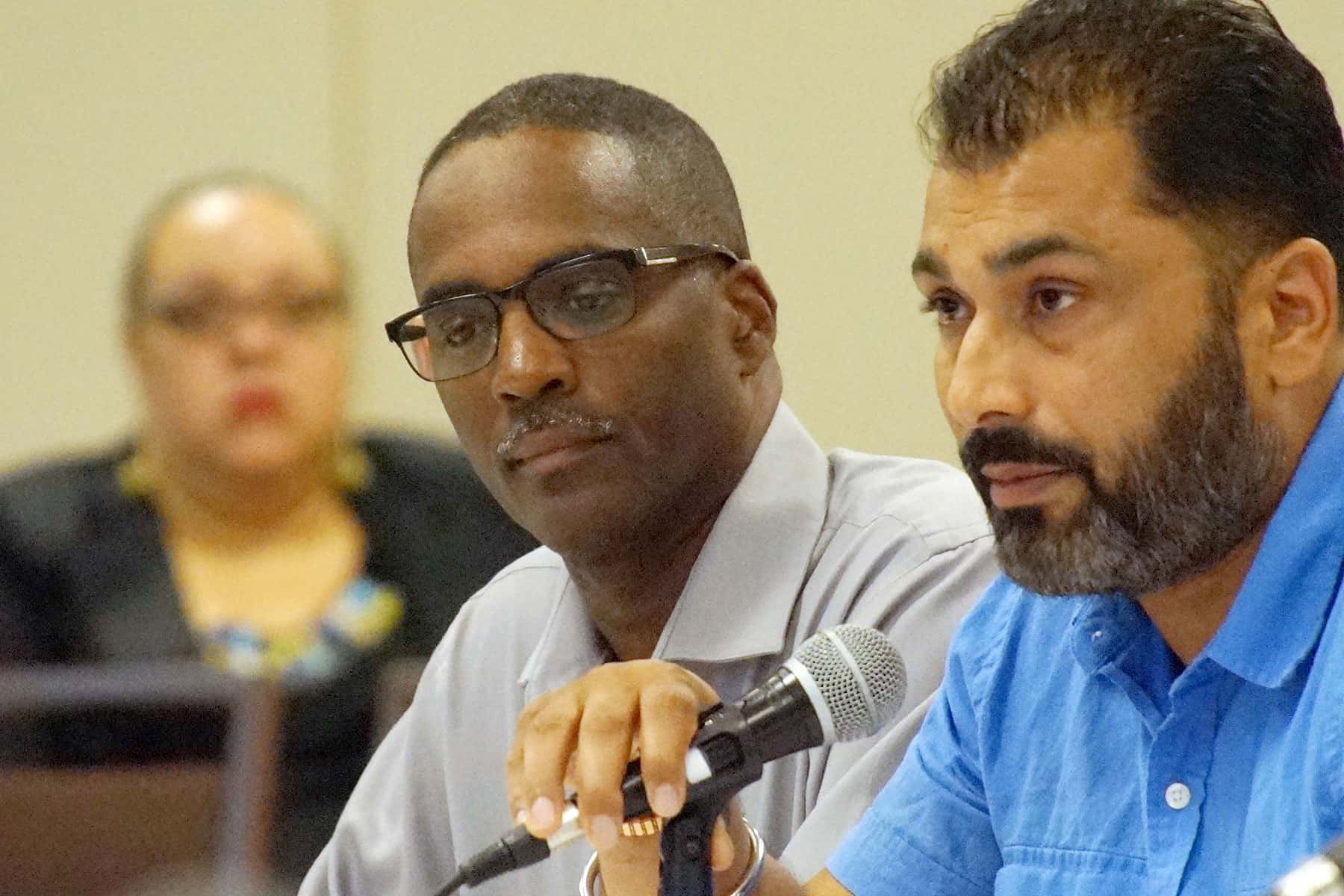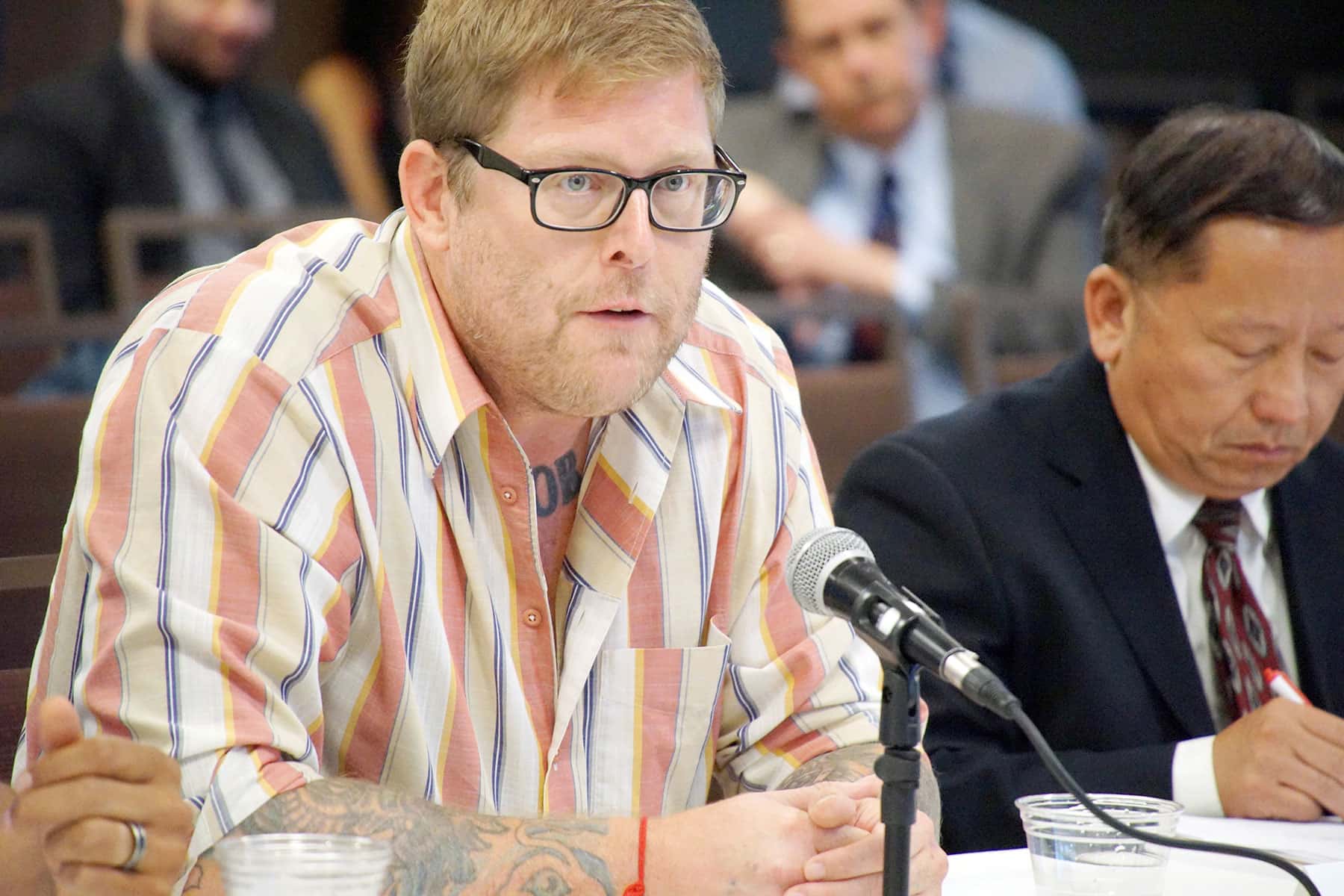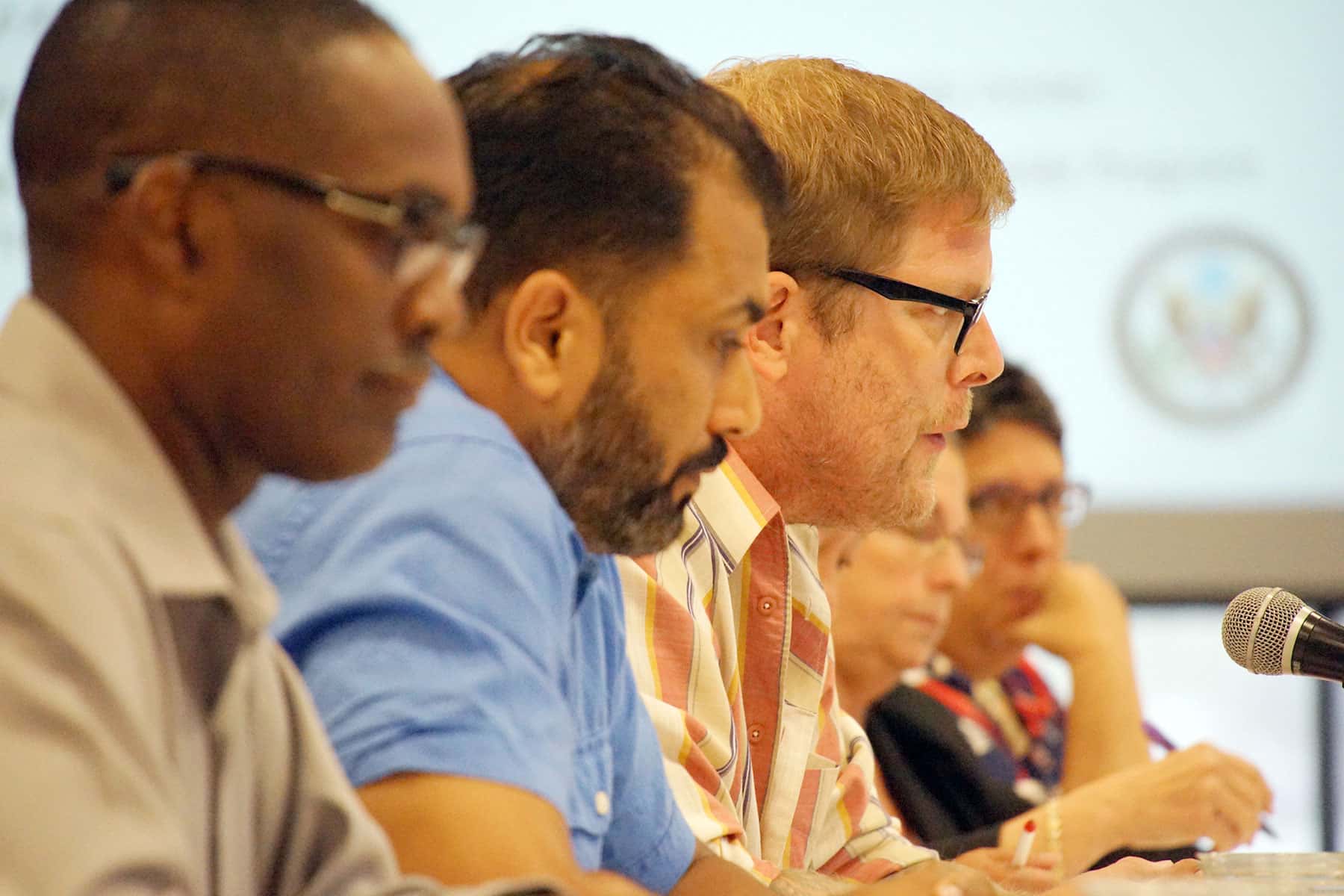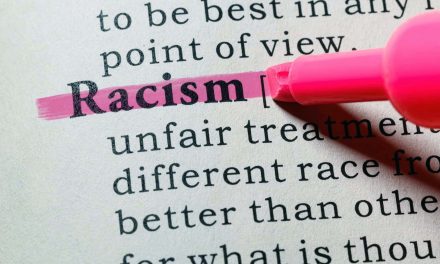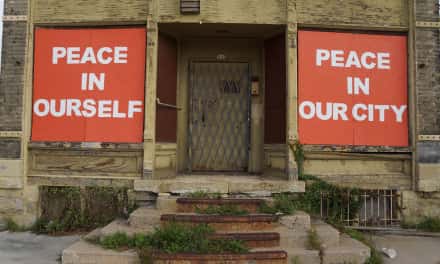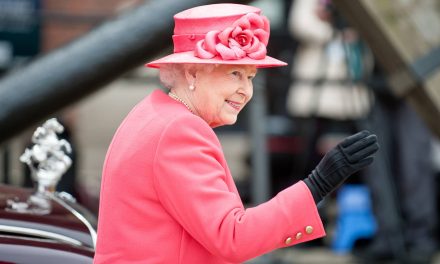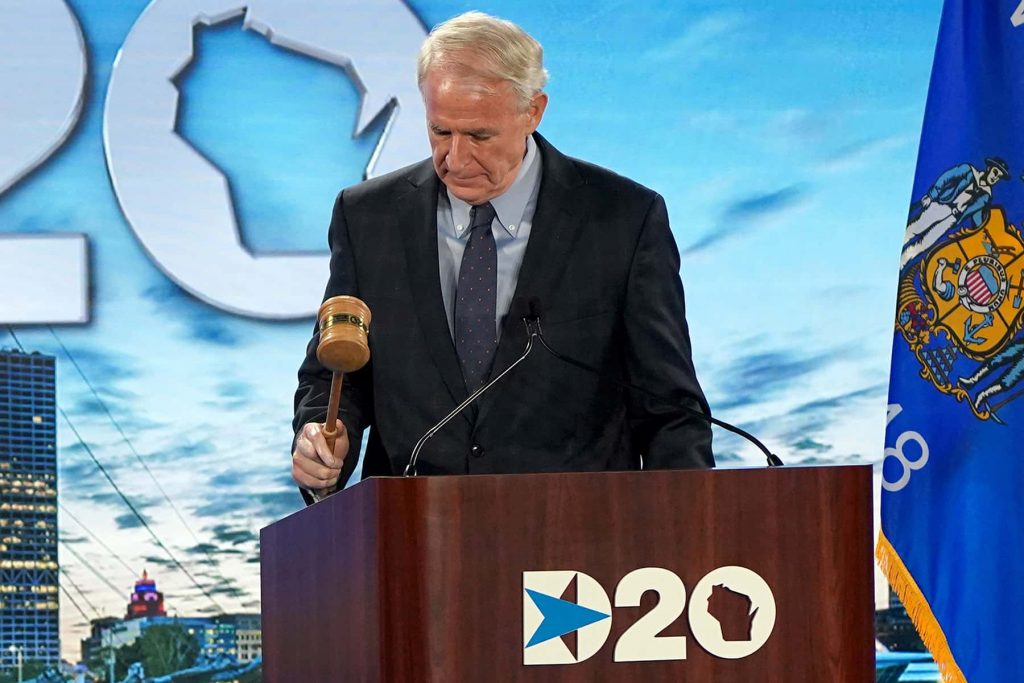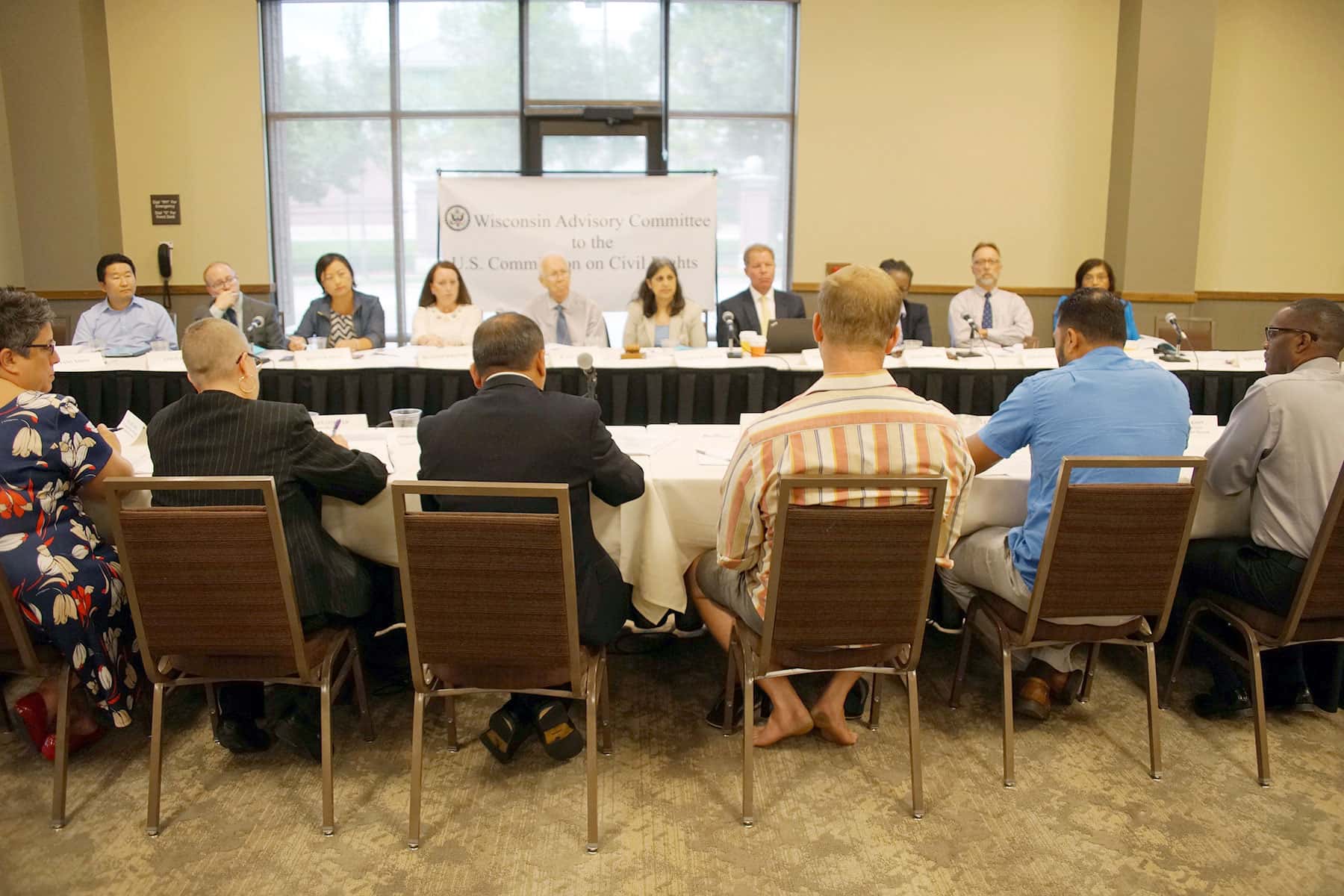
“Truthfully speaking, when we speak of civil rights, civil rights organizations or hate crime legislation, many in our community do not think that you’re speaking for us, or even with us.”
– Pardeep Kaleka, co-founder of Serve 2 Unite
Hate crimes in Wisconsin and throughout the United States go widely under-reported each year. Victims of hate crimes do not trust law enforcement due to already strained relationships, and are faced with police officers who do not follow through in identifying such incidents as hate crimes when they are reported.
“I would wager that there is a significantly higher number of hate-based crimes that get reported than get charged, and certainly more than get prosecuted,” said Johnathon Scharrer, director of the Restorative Justice Project at the UW-Madison School of Law. “As a hate crime, it is also attack on one’s identity and personhood in addition to all other effects. Psychological damage, fear, anxiety, anger, and other negative emotions are significantly enhanced for similar crimes based in other motivations.”
Scharrer was an academic panelist at the public hearing hosted by the Wisconsin Advisory Committee to the United States Commission on Civil Rights on August 29, to discuss the issue of under-reported hate crimes and civil rights violations. The proceedings had an academic panel with other faculty members from UW-Madison, and a panel consisting of community leaders and representatives.
At the introduction of the meeting was a quote by Tennessee Williams, “hatred starts where understanding stops.” Panelists and advisory board committee members sought to understand why hate crimes are committed in order to find solutions.
Reggie Jackson, chairman of America’s Black Holocaust Museum, spoke about the difficulties African Americans face in reporting hate crimes in a system he felt was set against them. Jackson’s testimony outlined statistics that showed white people are far less likely to see offenses against African Americans as hate crimes, and discussed the ineffectiveness of Wisconsin’s current Hate Crime Statute. This statute was written as a penalty enhancer instead of as a sentencing aggravator, which means that victims must show without a doubt how specific beliefs led to them being selected as a target, which is difficult and perhaps impossible to do.
“Despite the fact that many people believe we live in a so-called ‘post-racial America’ evidence to the contrary is abundant,” said Jackson. “The difficult burden on prosecutors to prove bias, especially racial bias, is directly related to how whites and African Americans see racial inequality in the country. Acts that African Americans perceive as racially biased are often seen by whites as having nothing to do with race.”
Joining Jackson as a community panelist was Pardeep Kaleka, the eldest son of Satwant Singh Kaleka. Kaleka’s father was the president of the Sikh temple of Wisconsin, who died at the Sikh temple shooting on August 5, 2012. Kaleka and others in the Sikh community wanted the lives of the six members who were tragically lost that day to mean something. And so, instead of retaliating with further hate and violence, they formed the organization Serve 2 Unite.
Serve 2 Unite is focused on helping underprivileged youth in the Milwaukee community and empowers them to become peacemakers. In an attempt to understand the motivations of Wade Page, his father’s shooter, Kaleka reached out to Arno Michaelis, a former white supremacist who now strives for peace and forgiveness. With the help of others in the Sikh community, Michaelis and Kaleka went on to form Serve 2 Unite.
“As a hard core white supremacist, being convicted of a hate crime would have been a badge of honor. It would not be something to deter you from committing one,” said Michalis. “I also think it’s important that amongst white supremacist rhetoric, really kind of a prerequisite to become involved in that narrative as a white person, is to buy into a feeling of oppression. It’s this idea that white people are oppressed by society.”
In the aftermath of one of the most terrible hate crimes in Wisconsin history, members of the Sikh temple attempted to understand the environment that created their attacker. They also exist as an ethnic community long affected by the inflamed political narrative caused by 9/11, a distorted perception that makes it difficult for others to see attacks on the Sikh community as hate crimes.
“Every immigrant, Arab, Middle-Eastern, Pakistani, Indian, and Sikh, has been affected by post-9/11 rhetoric,” said Kaleka. “We have been an invisible population, severely underrepresented in the social, professional, and political reality, and in city, state and national politics.”
Kaleka felt that, after the Sherman Park shooting, an outcry was raised about crimes targeted towards the African American population of Milwaukee. But the same cry was not heard for the Sikh population or for others who look like them.
“A few weeks ago, a gas station was set on fire right here in our neighborhood in Milwaukee while a Sikh immigrant was barricaded inside,” explained Kaleka. “While the fire consumed this gas station, the crowd continued to loot, throw rocks, and chant obscenities. This tenant did not come out for 15 minutes, while barricaded inside of a fire, because he felt so threatened and intimidated.”
Other panelists discussed how their ethnic groups were similarly silenced. Thai Vue, representative of the Milwaukee Hmong community, spoke about his experience as a refugee from Laos in 1976. Despite the arduous journey from their home countries, Hmong immigrants still faced a multitude of hate crimes in the United States that they often do not report. In his speech, Vue described multiple hate crimes committed against Hmong people because of their skin color.
“I use these descriptions not to create further hatred, but rather to understand who committed these hate crimes in the Hmong community. We cannot afford to silence our community. I do not mean the Hmong community, I mean all of the people here in Wisconsin,” said Vue.
Karen Gotzler, executive director of the MKE LGBT Community Center, presented issues from the LGBT perspective. Gotzler detailed her contact with many in the LGBT community, and everyday hears their stories of hate crimes and persecution. As a member of the LGBT community herself, she understood why they fail to speak up.
“These crimes go unreported due to a victim’s fear of exposure or increased attention to their sexual orientation or gender identity, the public perception of them as wrongdoing, and even retaliation for reporting,” said Gotzler.
Gotzler’s nonprofit organization attempts to create a safe space for LGBT people with its educational programs, meeting groups, counseling, food pantry, library, and other resources. But she recommend that law enforcement work harder to identify hate crimes as hate crimes when they occur. She also pushed for reform on Wisconsin statutes and the development of community liaisons, which would allow LGBT people to report hate crimes in safety.
Jason Rae, executive director of the LGBT Chamber of Commerce and also a member of the advisory committee, stated that he believed the testimony from community panelists would be highly effective in helping to develop recommendations for their report to the Federal government.
The voices of the Sikh, Hmong, LGBT, and African American representatives each shared a similar story during the hearing, with important perspectives and recommendations for the Wisconsin Advisory Board as they try to effect change in Wisconsin hate crime legislation.
“It has to be brought up to this level, where we can report back to the federal level about what’s happening in our state,” said May yer Thao, advisory board committee member and president of the Hmong Chamber of Commerce. “I think many of us have the pulse on what’s happening within our communities, so we’re more aware of what’s happening because many of our communities aren’t reporting these sorts of incidents. And so their voices need to be heard. If it’s not going to be officially reported there still needs to be discussion that this is the reality, that these hate crimes are here and they’re affecting every resident in the state of Wisconsin.”
Panelists noted that a conversation was needed about changing culture, and a broader mindset shift was needed to make a lasting impact.
“Training can only go so far,” said academic panelist Dr. Stanislav Vysotsky, Assistant Professor of Sociology and Criminology at UW-Madison. “We can teach people what we want, but if there is a culture of a lack of recognition, a culture of not deeming certain kinds of actions as being recognized as hate crimes, then no amount of training is going to get past that.”
The Wisconsin Advisory Committee to the United States Commission on Civil Rights is expected to release its public report, with testimony from the hearing and recommendations for action, within the next couple months.

